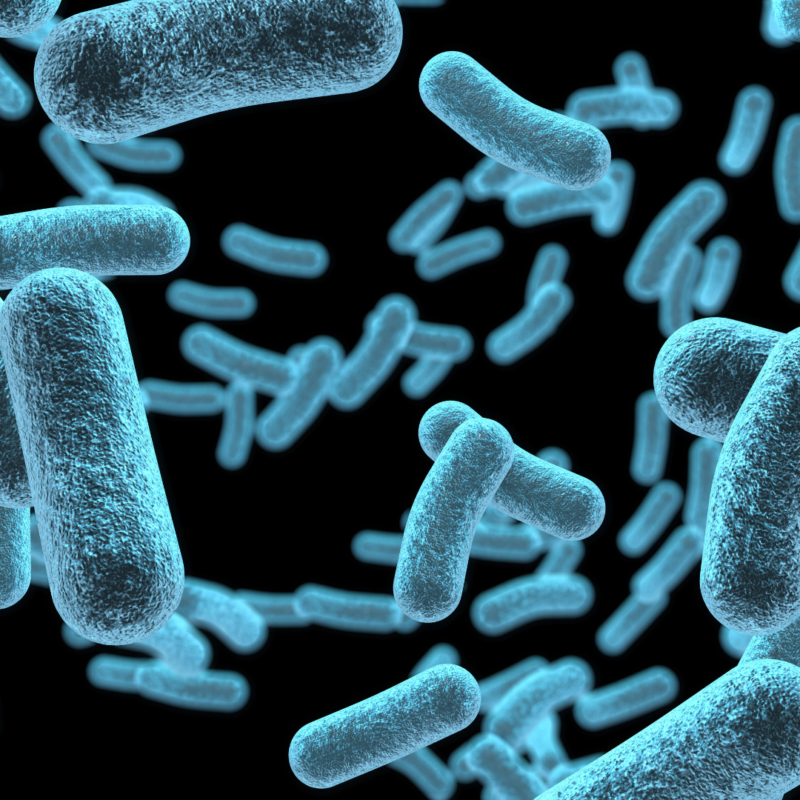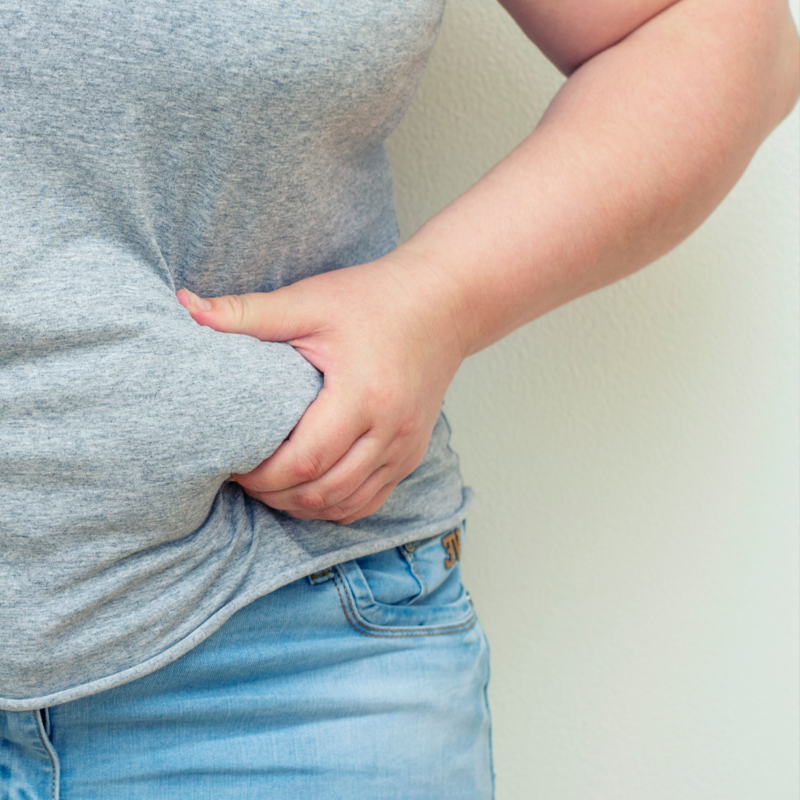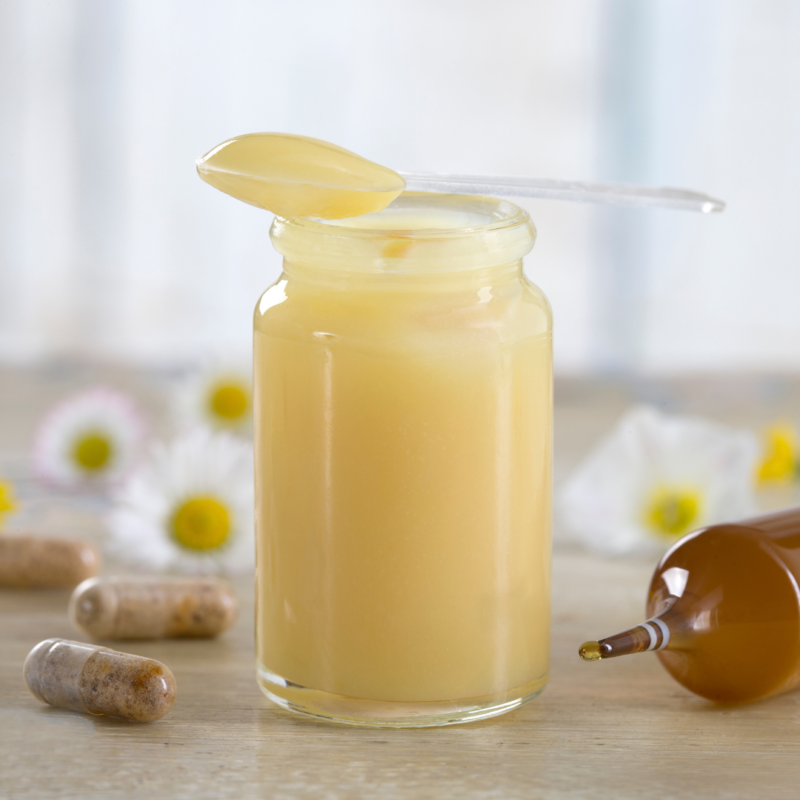What is menopausal abdominal fat?
During menopause, a woman's body undergoes important hormonal changes, which can lead to weight redistribution, especially in the abdominal area. This phenomenon is known as menopausal abdominal fat, or fat around the midsection, and is a familiar problem for many women. Abdominal fat during menopause is not just an aesthetic issue, but can also be associated with increased health risks, including cardiovascular disease and diabetes.
Changes in hormonal imbalance, in particular a drop in oestrogen levels, play an important role in this. Oestrogen normally helps maintain the distribution of fat in the body, but during menopause, when oestrogen levels fall, fat tends to accumulate in the abdominal area. This not only affects self-esteem and body image, but also increases health risks, making it an important issue to address.
Health problems that menopausal abdominal fat can cause:
Menopausal abdominal pain is associated with a number of health problems that can have a significant impact on a woman's quality of life and health:
- Cardiovascular disease: abdominal fat, especially visceral fat, is strongly associated with an increased risk of heart disease. This type of fat has a negative impact on the lipid profile of the blood and increases inflammatory processes in the body.
- Diabeet: During menopause, insulin resistance increases, which can be exacerbated by abdominal obesity, increasing the risk of diabetes.
- Hormonal imbalance: abdominal fat can affect hormone production and metabolism, which in turn can worsen menopausal symptoms such as hot flashes and mood swings.
What is bee milk?
Bee milk, also known as royal jelly, is an extremely valuable nutrient produced by bees and used to feed the queen bees and larvae. It is a milky, yellowish-white substance that contains an abundance of bioactive compounds including proteins, lipids, carbohydrates, vitamins, minerals and antioxidants. The production of bees' milk is a complex process where bees secrete it through special glands to provide the necessary nutrition to the queen bees and larvae to ensure their rapid growth and development.
For centuries, bees' milk has been valued not only for its nutritional value but also for its health-promoting properties. It is known for its ability to support the immune system, to alleviate a variety of health problems, including age-related changes and menopause symptoms.
Features
6 important properties of bee milk in menopause abdominal fat reduction
#1: Estrogen-like effects:
- Bees´ milk helps to compensate for the drop in oestrogen levels associated with the build-up of abdominal fat.
#2: Supporting metabolism:
- Royal jelly helps speed up metabolism and improve fat burning, helping to reduce abdominal fat.
#3: Anti-inflammatory effect:
- Bee milk helps to reduce chronic inflammation associated with abdominal fat and the associated health risks.
#4: Antioxidant protection:
- Royal jelly protects the body's cells from oxidative stress, which can promote fat deposition.
#5: Improving blood lipid levels:
- Bee milk helps improve blood cholesterol levels, reducing the risk of heart disease.
#6: Raising energy levels:
- Bee milk helps to boost energy and general well-being.
Natural approach
Bee milk capsules are specially formulated, the contents of the capsules have been pre-treated to make them more digestible, as the body is not able to assimilate propolis and perga well on its own. The capsules are dosed with the right amount for convenient consumption.

Royal Jelly capsules
We've put together capsules of bees' milk for your convenience.
What to expect when consuming bee milk?
- Reduced abdominal fat: Bee milk helps to reduce the accumulation of abdominal fat during menopause by supporting metabolism and hormone balance.
- Improved energy levels: increased energy can help maintain an active lifestyle, which is important for preventing weight gain.
- Alleviated menopausal symptoms: bee milk helps to alleviate menopausal symptoms while also improving weight control.
Bee milk - a natural solution to the challenges of menopause
Scientific articles confirming the effect of bee milk on menopausal abdominal fat:
-
- "Royal Jelly-A Traditional and Natural Remedy for Postmenopausal Symptoms and Aging-Related Pathologies" (MDPI, 2020)
- "The Effect of Royal Jelly on Menopausal Symptoms in Women" (ScienceDirect, 2018)
- Royal Jelly Improves Lipid Profile and Reduces the Risk of Cardiovascular Disease in Postmenopausal Women"
- "Effects of Royal Jelly on Hormonal Imbalance and Obesity in Menopausal Women"
- "The Influence of Royal Jelly on Body Weight and Fat Accumulation in Menopausal Women"
Also consult your doctor
It is important to note that you should consult a healthcare professional before use, to ensure its suitability for your particular situation.
Contraindications
- Allergic reactions: people allergic to pollen or bee products may experience allergic reactions.
- Effects on hormonal balance: some studies suggest that certain compounds in bee products may affect hormonal activity, so people with hormone-sensitive diseases should be cautious.
- Gastrointestinal symptoms: in some cases, people may experience mild gastrointestinal discomfort, such as bloating or indigestion,









